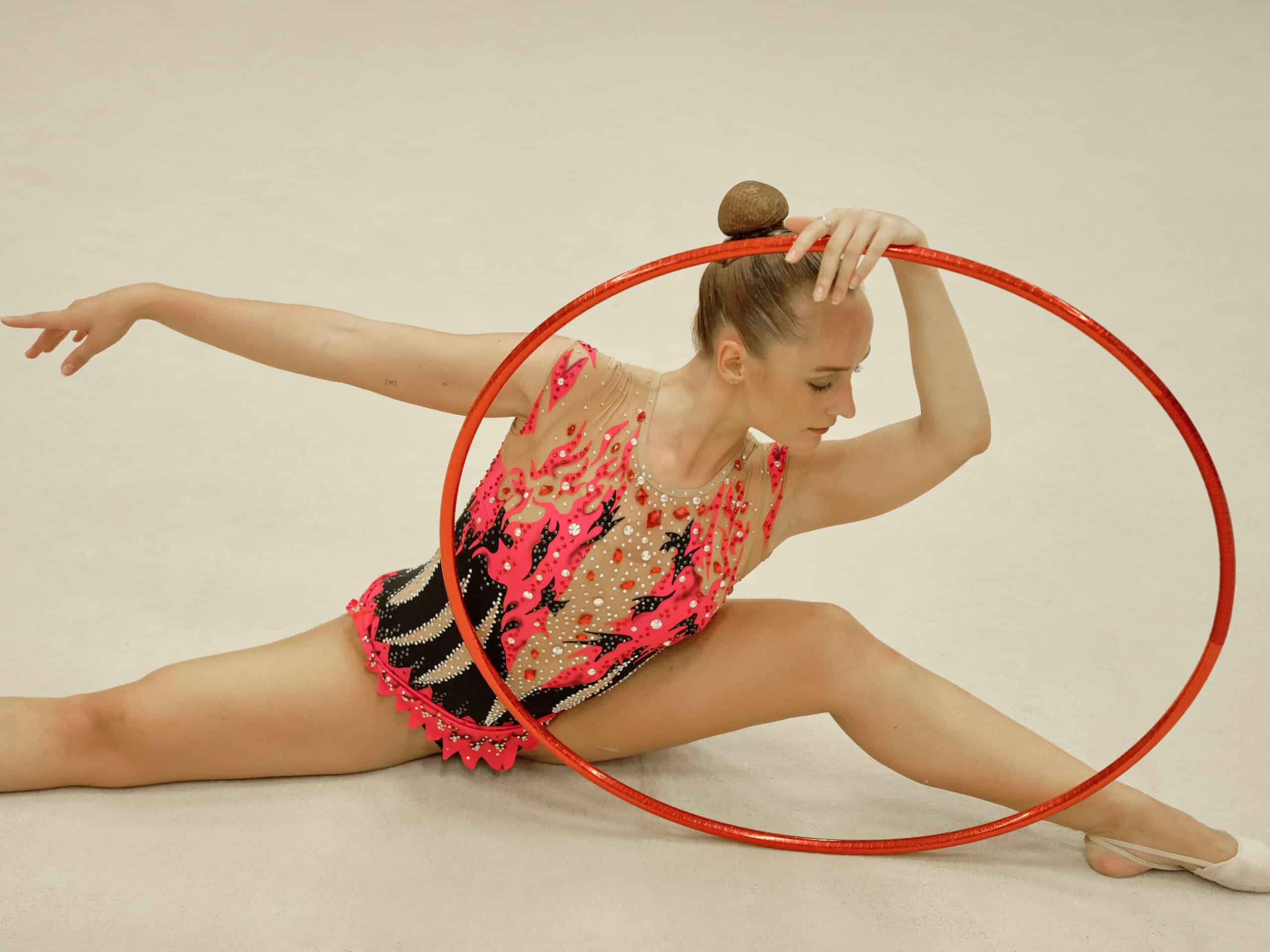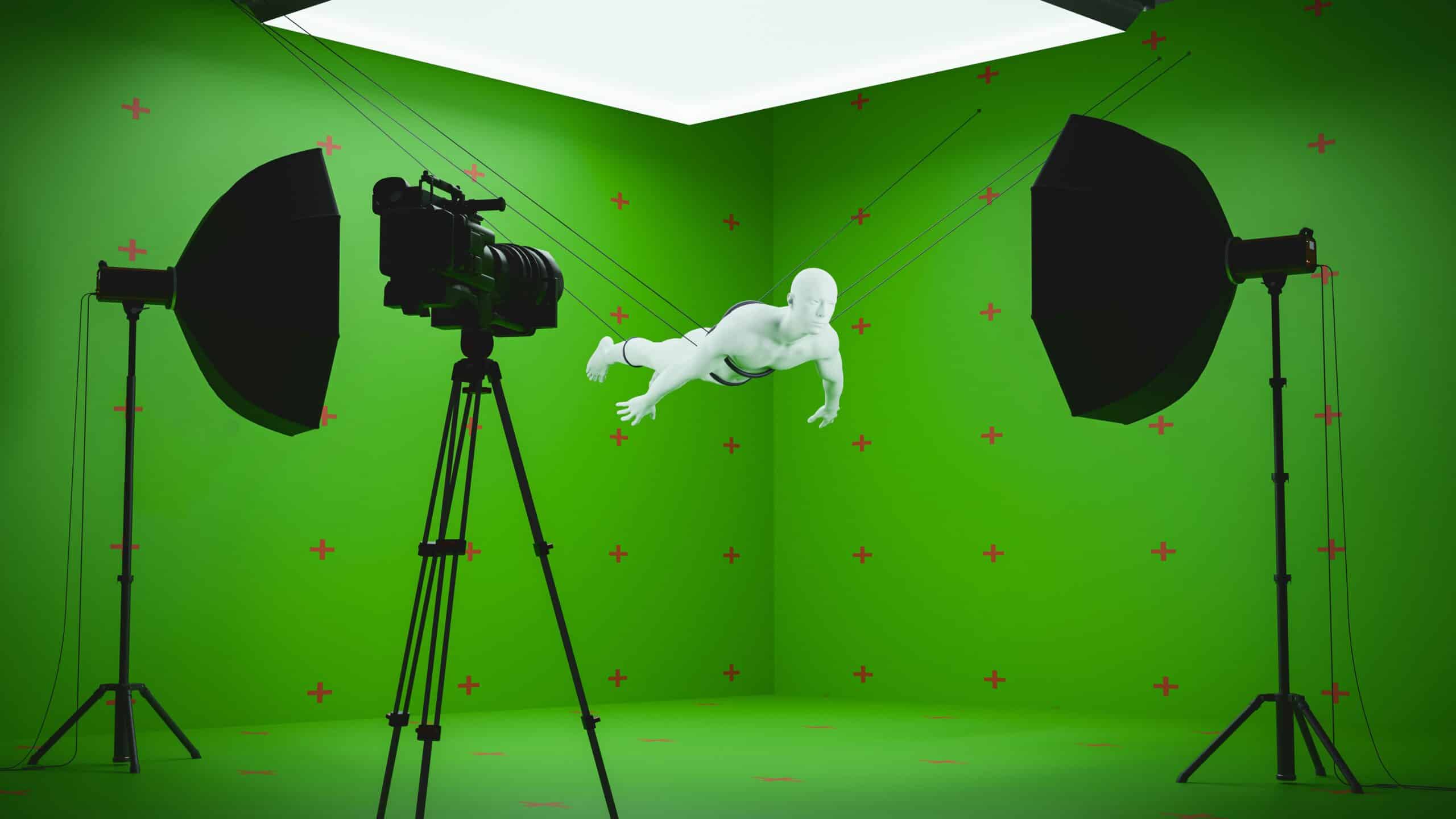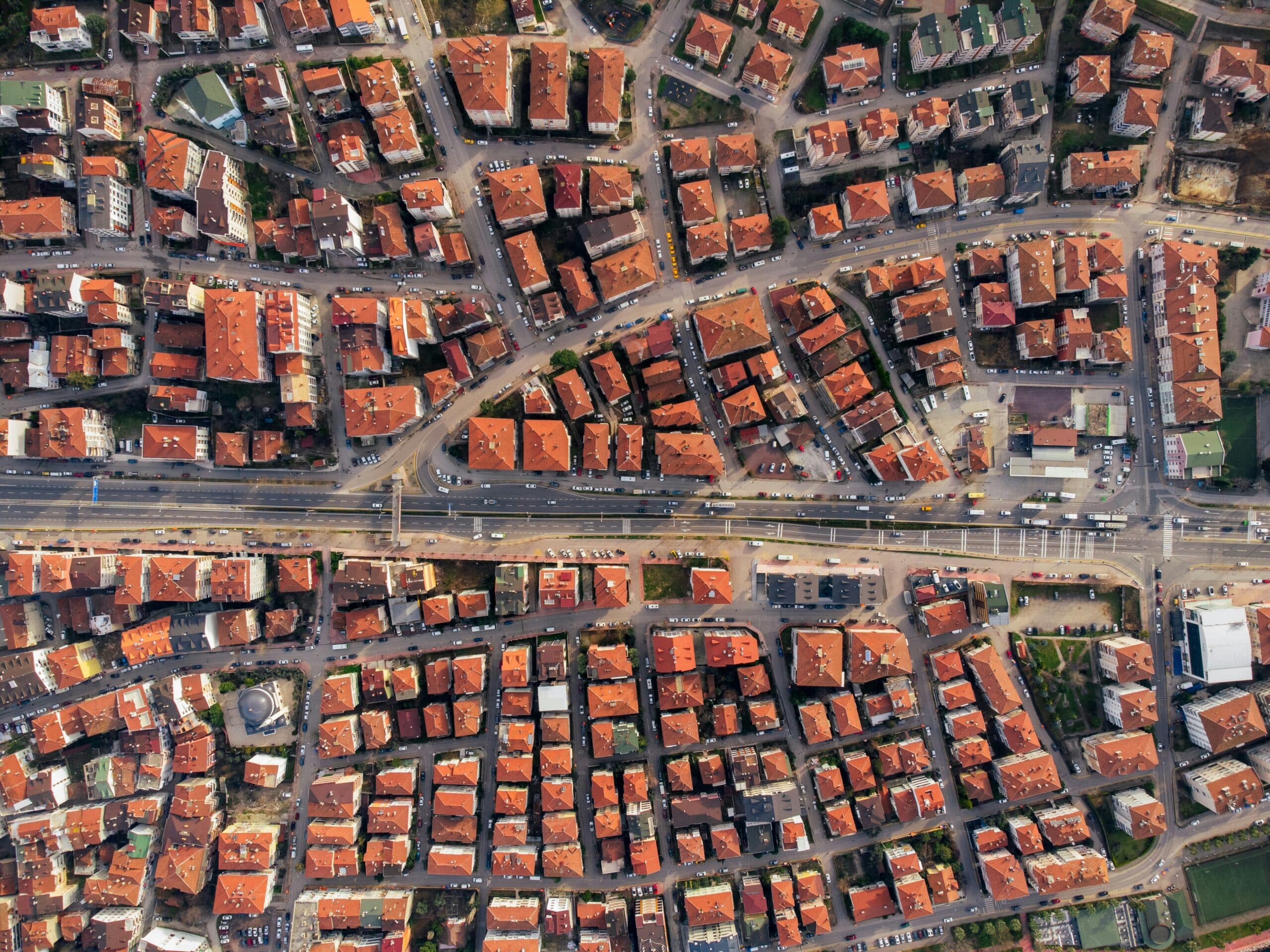The Paralympic Games have come a long way since their inception, evolving into a major global event that not only showcases incredible athleticism but also promotes inclusivity and equality in sports. Today, Paralympic sports are gaining visibility and recognition, drawing attention to the resilience, skill, and determination of athletes with disabilities. This article explores the growth of Paralympic sports, highlighting the impact of the Games on society and the role they play in breaking barriers for disabled athletes worldwide.
How Have Paralympic Sports Gained Global Visibility?
In recent years, the Paralympic Games have gained significant momentum in terms of global visibility. What started as a modest competition for war veterans with disabilities has blossomed into a multi-sport event that attracts millions of viewers. The 2020 Tokyo Paralympics, for example, garnered a record 4.5 billion TV viewers worldwide, a significant increase from previous years. The rise in media coverage, combined with social media campaigns, has helped boost the profile of Paralympic athletes and their accomplishments.
Media outlets, including major broadcast networks, have played a vital role in this growing exposure. With increasing partnerships between the International Paralympic Committee (IPC) and top media organizations, the Games now receive coverage that rivals traditional sporting events like the Olympics. As a result, Paralympic athletes are gaining recognition not just for their abilities but also for their role in promoting a more inclusive and diverse sporting world.
What Impact Do Paralympic Sports Have on Inclusivity?
At the heart of the Paralympic movement is a commitment to promoting inclusivity. The Games have become an important platform to challenge societal attitudes towards disability and demonstrate that people with disabilities can excel in sports at the highest level. Athletes such as Tatyana McFadden in wheelchair racing and Ellie Simmonds in swimming have become household names, showcasing the extraordinary capabilities of those competing in the Paralympics.
Beyond the Games themselves, Paralympic sports have also influenced wider societal change. The visibility of athletes with disabilities has led to a greater focus on accessibility and equal opportunities within sports. As more athletes with diverse abilities compete at the international level, there is a growing push to ensure that inclusive sports programs are available at the grassroots level as well. This has sparked conversations about creating adaptive sports opportunities for people with disabilities, not only in elite settings but also in local communities, schools, and recreational leagues.
How Are Paralympic Athletes Shaping the Future of Sports?
The achievements of Paralympic athletes are helping to reshape the way we think about sports and athleticism. Through their perseverance and strength, they are demonstrating that disability is not a barrier to success. Athletes like Jonnie Peacock, a Paralympic sprinter, and Beatrice Vio, a Paralympic fencer, have challenged the public perception of what disabled athletes can achieve. Their triumphs inspire millions of people, not only those with disabilities but also individuals facing personal challenges of any kind.
The Paralympic Games also have a ripple effect on the development of sports technology. The use of adaptive equipment, such as specialized prosthetics, wheelchairs, and mobility aids, has become an integral part of these athletes’ success. Innovations like these have opened up new possibilities for athletes with disabilities, allowing them to compete at a level that was previously thought to be impossible.
What Does the Future Hold for Paralympic Sports?
The future of Paralympic sports looks bright, with increasing opportunities for athletes with disabilities to shine on the global stage. As the Paralympic Games continue to grow in visibility, the importance of fostering inclusivity within sports will only increase. The IPC’s efforts to ensure better accessibility, more funding, and wider media coverage are crucial in advancing the goals of the Paralympic movement.
Young athletes with disabilities are already showing great promise, and as more opportunities for training, competition, and support are made available, we can expect to see even more incredible feats of athleticism in the years to come. The increasing acceptance and recognition of Paralympic sports are setting the stage for a more inclusive future in athletics, one where everyone, regardless of ability, has a chance to excel.
Celebrating Paralympic Athletes and Their Achievements
The Paralympic Games are about more than just sports—they are a celebration of the human spirit and the limitless potential of individuals. By highlighting the stories of athletes overcoming challenges, the Games not only inspire but also contribute to breaking down societal barriers. As Paralympic sports continue to gain visibility, the focus will remain on celebrating the incredible achievements of athletes with disabilities and creating a more inclusive and equal world of sports.







